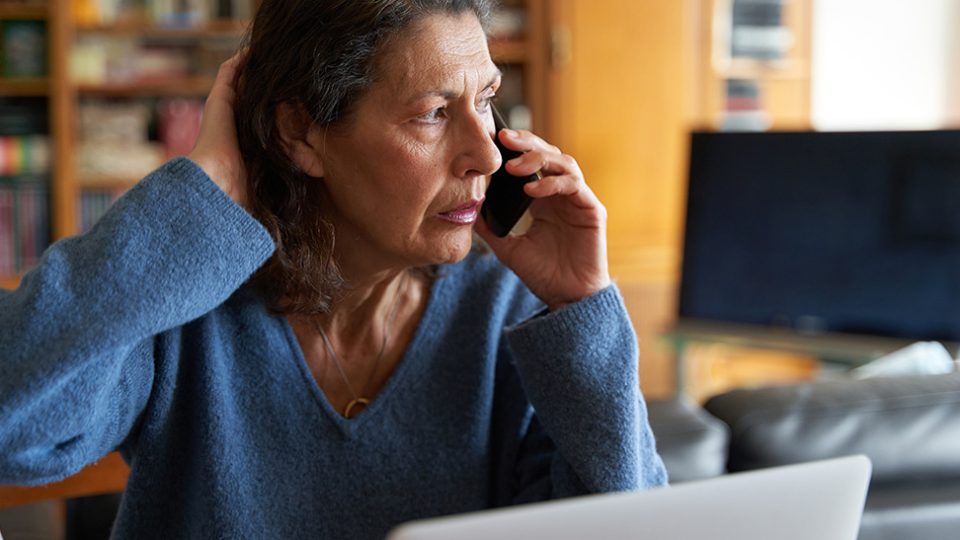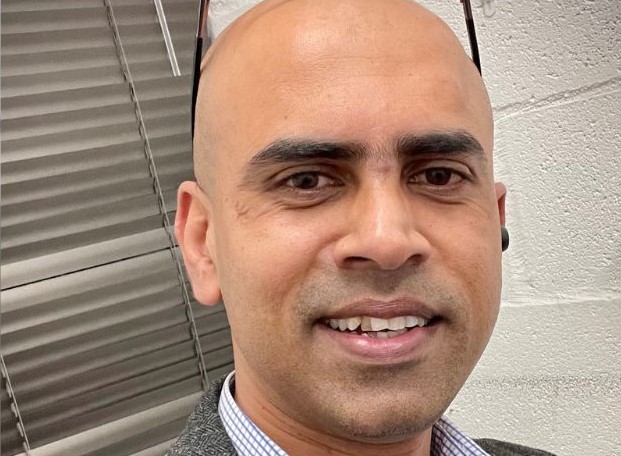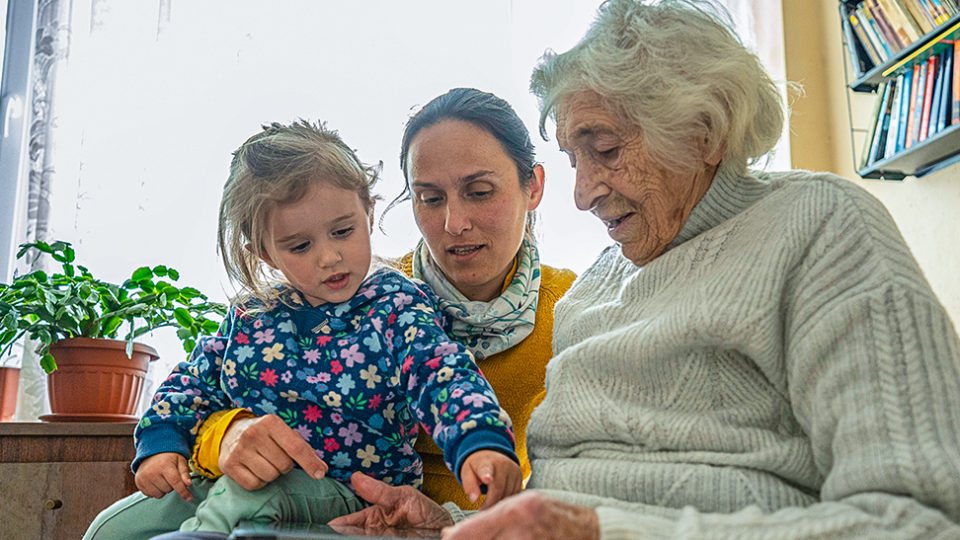The Enduring Gift of Fostering: Chaya’s story
- 22 Jul 2021

Chaya Rainbird, 29, is a wonderful example of a person who had been in foster care as a young person and who is now a Baptcare foster carer herself.
Chaya and her husband Fred were approved as foster carers with Baptcare in December 2019, however, delays relating to COVID restrictions meant that they didn’t meet their foster child until August 2020. Chaya commented that most weekends they welcome extra children into their home for respite visits and that she’s honoured to be a part of their life.
Chaya’s story*
Why I ended up in foster care
Chaya: I was the fifth of eight children in my family and life was a constant struggle. By the time I was 14, each of my older siblings had left home. My strongest memories were of feeling constantly on edge and stressed all the time. I had to walk on eggshells around my parents and never knew what would set them off.
At age 14, Chaya’s life changed when the mother of one of her friends (who was a foster carer) offered for Chaya to come and live with their family.
Chaya: When my friend’s mother offered to foster me, I felt like there was hope – a light. The 1st of September, 2006 was the happiest day of my life although I felt so guilty leaving my siblings behind.
Chaya’s life with the new foster family was short-lived, as the family were moving interstate. Chaya was invited to join them but didn’t feel ready to leave Tasmania at that time. However, she was really thankful for the foundation her foster care family had given her. With the support of government benefits, Chaya stayed behind in Tasmania and was accepted into a Gifted Extension course, finished school with an Academic Excellence Award, and got a scholarship into a University Arts degree. University wasn’t for her though and she eventually took up training as a chef – her current vocation.
Why I chose to become a foster carer
I wouldn’t be the person I am today without my foster family. They invested so much in me and showed me what a loving family looks like.
My foster family were safe, warm, stable and loving. They didn’t hound me to open up. They showed me discipline by teaching but not punishing.
They showed me how to behave in society and gave me a sense of security and reassured me that who I was as a person was ok.
If my foster family hadn’t accepted me who knows what my life would be now. Instead, I’m a mother of 3, a fulltime chef, married for over 10 years, I pay my taxes and I’m a foster carer – all because someone fostered me as a teen.
My foster family fostered a future in me. I want to do the same for other kids and to encourage other people to become foster carers too. You have no idea how your involvement can change the trajectory of a child’s life. Sometimes it’s the smallest things that make the biggest impact.
If you’d like to learn more about becoming a foster carer in Victoria, please contact a Baptcare Foster Care team member 0409 591 895.
Or if you’d like to chat about becoming a foster carer in Tasmania please call a Baptcare Foster Care team member on 0417 196 605
*Image changed for privacy purposes
Community news
-

Tips for dealing with life in the sandwich generation
This is part two in our blog series on the sandwich generation. Here are some tips for dealing with the carer’s squeeze experienced by a growing number of Australians, particularly women. Key points: Summary of challenges facing the sandwich generation Tips for dealing with the challenges System reforms needed
- 11 Jul 2025
-

Meet Suraj | Hospitality Manager Residential Aged Care
What makes a residential aged care community truly feel like home? It’s the perfect blend of a warm, inviting atmosphere, devoted and compassionate staff, and thoughtfully crafted meals that foster an undeniable sense of belonging. Today we meet Suraj Ligade, Baptcare’s Hospitality Manager, to explore how his passion for care and culinary excellence nourishes both the bodies and spirits of our treasured aged care residents.
- 10 Jul 2025
-

The sandwich generation phenomenon unpacked
Welcome to the first of two blogs on the theme of the sandwich generation in Australia. In this one, we’ll cover the definition of the sandwich generation, the different types of caring that fall within it and some of the issues those in the sandwich generation face. The second blog will cover tips for dealing with life in the sandwich generation
- 02 Jul 2025
